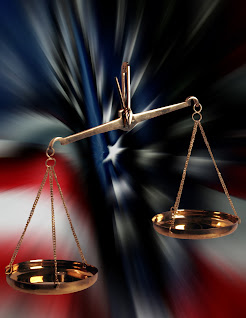The WA Doctrine of Judicial Estoppel
Under Washington law, what is the doctrine of judicial estoppel and how is it applied? Here’s my point of view (NOTE: please read our DISCLAIMER before proceeding).
THE POLICY
Courts apply the equitable doctrine of judicial estoppel to protect the integrity of the judicial process by precluding a party from gaining an advantage by asserting one position in a court proceeding and later seeking an advantage by taking a clearly inconsistent position. Urbick v. Spencer Law Firm, LLC, 192 Wn.App. 483, 367 P.3d 1103 (Div. 1 2016) (internal citation and quotation marks omitted).
THE 3 FUNDAMENTAL FACTORS
The Washington State Supreme Court set forth three fundamental factors to guide a court's application of judicial estoppel as follows:
- Whether a party's later position is clearly inconsistent with its earlier position;
- Whether judicial acceptance of an inconsistent position in a later proceeding would create the perception that either the first or the second court was misled; and
- Whether the party seeking to assert an inconsistent position would derive an unfair advantage or impose an unfair detriment on the opposing party if not estopped.
Id. (internal citation and quotation marks omitted).
SUMMARY JUDGMENT
On summary judgment, a party can ask the trial court to bar claims based on an inconsistent position taken in an earlier proceeding under the doctrine of judicial estoppel. Id. (internal citation and quotation marks omitted).
SUMMARY JUDGMENT
On summary judgment, a party can ask the trial court to bar claims based on an inconsistent position taken in an earlier proceeding under the doctrine of judicial estoppel. Id. (internal citation and quotation marks omitted).
To defeat summary judgment, the nonmoving party must present evidence raising an issue of fact about one of the factors guiding a court's application of judicial estoppel or show that the trial court abused its discretion when applying the doctrine. Id. (internal citation and quotation marks omitted).
Learn More
If you would like to learn more, then consider contacting an experienced Washington State Attorney as soon as possible to discuss your case. Please note: the information contained in this article is not offered as legal advice and will not form an attorney-client relationship with either this author or Williams Law Group, PS; please see our DISCLAIMER.









